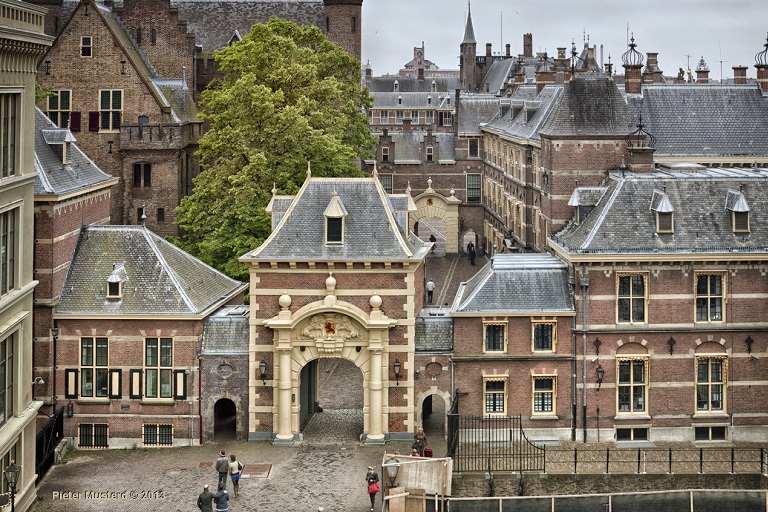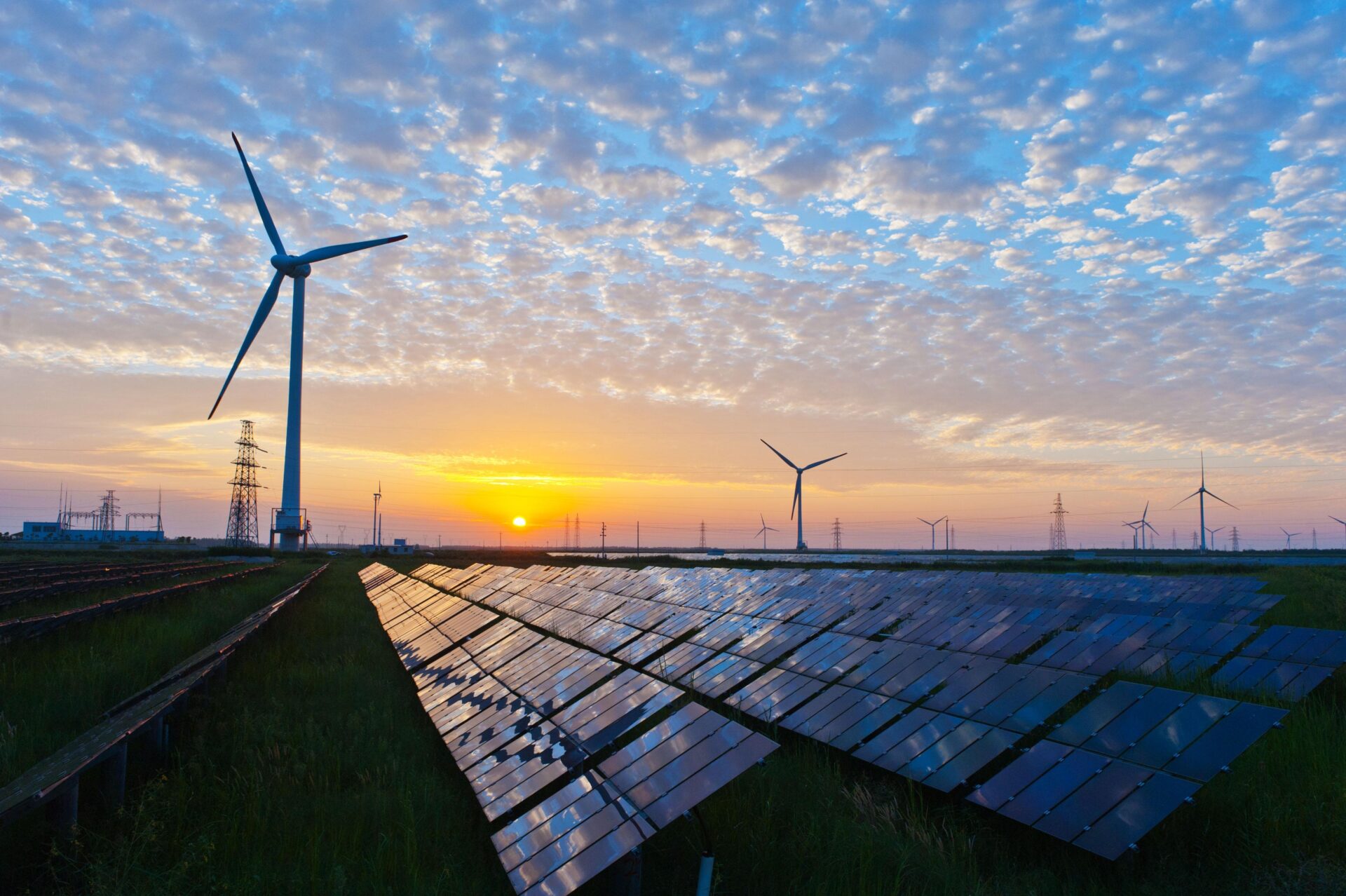Through his clear wording and genuine compassion, he garners praise from concerned sectors and parties. The main recommendations of the report are:
- 500 to 600 large farms near natural areas must stop within a year. (The so-called peak rangers)
- 2030 remains for now the year by which nitrogen targets must be met
- In 2025 and 2028, we need to see if more time is needed to meet the targets
- There should be less detailed, regional maps instead of the current nitrogen map
- All sectors (industry, mobility and construction) must reduce their nitrogen emissions
Concerned parties, he advises them to stay at the table and not turn their backs on the government. For its part, the government is taken to task for failing government policy. Remkes advises to adopt the many recommendations that have been made.
At the kitchen table
Adopting and incorporating these recommendations will largely fall to the new Minister of Agriculture, Food and Nature Quality. Piet Adema did not know in advance what the Remkes report would contain, but is motivated to get to work on the recommendations. He "wants farmers to feel valued again" and emphasizes that agriculture has a future in the Netherlands. Adema was previously deputy of the province of Friesland, acting mayor in Achtkarspelen, Tynaarlo and Borger-Odoorn and party chairman of the Christian Union. For many, his appointment came as a surprise, but partly because of his extensive administrative experience, the ChristenUnie came to him after the departure of Henk Staghouwer. During the press conference, Adema stated that he would like to remain in conversation with all stakeholders around the nitrogen file.
Ruffling on the table edge?
Members of Parliament are also eager to engage with Adema. After the first committee debates on Agriculture, Climate and Food and Plant Protection Products, among others, the Lower House will hold a plenary debate with the Minister of Agriculture, Nature and Food Quality next Thursday, November 3, on Mr. Remkes' advice. At the request of Van der Plas (BBB), this debate will be preceded by a response from the minister to the recently published article in the Financieel Dagblad 'Ministry expects seven times as many nitrogen polluters to have to tackle'. Almost nine hours have been set aside for this debate (from 2:15 p.m. to 11 p.m.) and it is expected that there will be much discussion about the agricultural agreement to be drawn up. The key question is whether it will succeed in producing a coherent and supported approach within six months. This is very ambitious and so is buying out 500 - 600 peak farmers within a year.
Already on the table since 2021
The SER already advised in June 2021 that an agricultural agreement is needed for the acceleration to an economically, ecologically and socially sustainable agriculture. Outgoing Minister Schouten had asked the SER for an exploration after a motion by Bisschop (SGP) was adopted that called for long-term agreements that offer the sector and society future prospects.
In 2017, then-PvdA MP William Moorlag proposed in a debate the conclusion of a national agricultural agreement. Moorlag felt that at its core, such an agreement should be about a fair price for farmers so that they could invest in animal welfare and biodiversity. All parties would have to commit to this.
"My question is whether the minister will organize a concerted effort to bring the agricultural sector, the food industry, the retail sector and the nature and environmental organizations to the table, to bring parties out of their foxholes and bring them to the table to conclude a national agreement on nature and landscape along the lines of the energy agreement?"
- William Moorlag (PvdA) in 2017
Minister Adema has indicated that he will present a future letter for agriculture in November 2022. This letter will serve as a guideline for the agricultural agreement, which must be ready in the first quarter of 2023. In the November letter, the minister will also elaborate on the plan to set up a task force involving sector parties to shape the accelerated elimination of emissions from 500 to 600 peak-period plants. This task force will be set up jointly with the provinces.
At the head of the table?
Provinces are responsible for area-based approaches to drastically reduce nitrogen emissions. On March 15, 2023 are the Provincial Council elections. Right now, the list leaders are being announced in more and more provinces. The BoerenBurgerBeweging (BBB) will participate in the Provincial Council elections for the first time this year. The BBB's candidate lists will be officially determined on November 12, but last week it was already announced, among other things, that former alderman John Frenken will be list leader for the BBB in North Brabant. The BBB's candidate list is longest in Gelderland, with Rik Loeters as list leader. Relatively speaking, these provinces contain the largest nitrogen deposits. It will therefore be interesting to follow the plans of various political parties at the provincial level in the run-up to these elections. At Publieke Zaken we will of course also follow these developments and remain available for questions about this and other issues.


